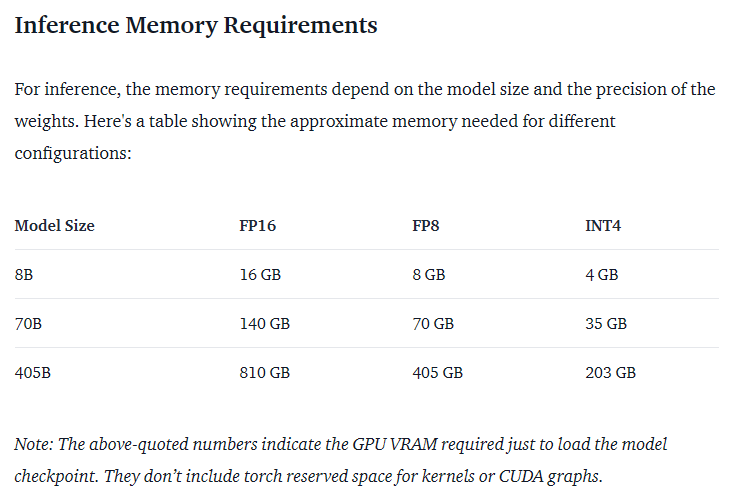What's happening? This is a second article today where I'm getting the following error. I've never encountered that before, and I'm not even on a VPN. Is it some kind of new regulation? I've literally never saw a similar error before, yesterday was my first time.


One place where I found AI usefull is in generating search queries in JIRA. Not having to deal with their query language every time I have to change a search filter, but being able to just use the built in AI to query in natural language has already saved me like two or three minutes in total in the last two months.